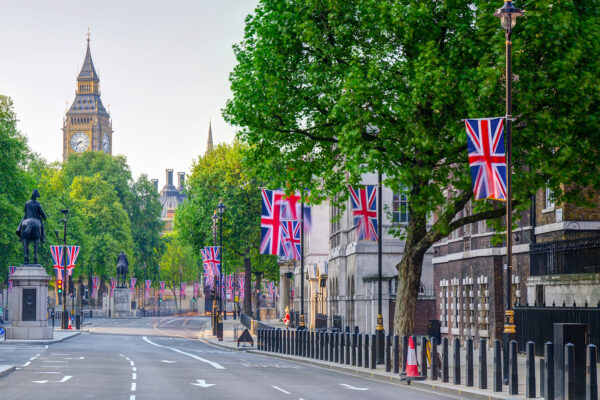
Britain’s ruling Conservatives are projected to lose control of Parliament. The exit poll for Thursday’s election shows them falling from 330 to 314 seats. Twelve more are needed for a majority.
Assuming the exit poll isn’t too far off, what does this mean for Britain’s next government, its major political parties and the process of divorcing the United Kingdom from the EU?
Conservatives are likely to stay in power
There is a good chance the Conservatives will end up with more seats than the exit poll projects. The 2015 exit poll also underestimated their support.
But even if they fall short of 326, they could probably do a deal with the Democratic Unionist Party of Northern Ireland, who are expected to keep their eight seats in the House of Commons.
By contrast, it’s hard to see how Labour could reach a majority. Even a coalition with both the Liberal Democrats and the Scottish National Party wouldn’t put them over the top. They would need the support of almost every single other party except the Conservatives for a majority.
Theresa May better watch out
As I wrote here before the election, anything short of a Conservative victory and the knives would come out for May.
When she called the election, the Conservatives were counting on a landslide. Now they would barely hold onto power.
Philip Hammond, the chancellor, Boris Johnson, the foreign minister, and Amber Rudd, the home secretary, are considered the top leadership contenders.
Two of them — Hammond and Rudd — sided with David Cameron in opposing Britain’s withdrawal from the European Union. Given that May’s right-wing, hard-Brexit strategy has been repudiated by the electorate, it seems sensible for the Conservatives to return to a more centrist, Cameroon policy.
Johnson is the odd one out. He led the Brexit campaign. I don’t see how he can credibly claim to represent the future of the Conservative Party, but then again the party has a tendency to shoot itself in the foot. This election fiasco is proof of that.
This is no vindication for Corbynism
Jeremy Corbyn as his acolytes will inevitably hail this election as a vindication of their far-left beliefs, but they would be wrong.
Short of Labour’s recovery in the polls, there is little indication the British people wish for a restoration of the 1970s welfare state. Few but Corbyn are nostalgic for inefficient state-run industries and powerful trade unions.
Nor is Corbyn’s foreign policy — for unilateral nuclear disarmament, against Israel, apologetic about extremists and lukewarm about the EU — popular.
Center-left voters switched from the Liberal Democrats, Greens and SNP to send a message to the Conservatives, not to endorse Corbyn’s program.
The best thing for Labour to do would be to take up the empty space in the center of British politics under a new leader. But it probably won’t. The party that elected and then reelected Corbyn as its frontman is unlikely to see the light after tonight.
Second Scottish referendum has become less likely
The SNP would lose 22 of its 56 seats in Westminster. The pollsters caution that many of the contests in Scotland are close, so this number may change. But it’s clearly not the landslide of two years ago.
There are probably two reasons why support for the Scottish nationalists had gone down:
- Voters have woken up to the fact that the SNP has neglected education and health care in its single-minded pursuit of independence.
- A majority of Scottish voters (still) don’t want to secede from the United Kingdom, despite them voting to remain in the European Union last year when the majority of people in England and Wales voted to get out.
The SNP saw Brexit as an opportunity for a second independence referendum. Tonight’s election result should give them pause.
Brexit will become even messier
By prioritizing immigration control, May steered for a “hard” Brexit. Without preferential treatment for EU citizens in Britain, the rest of the union was never going to give her special terms for access to the European market. (Something many Conservatives have yet to come to terms with.)
If May is toppled, the next prime minister could be more compromising. Or he or she could be held hostage by hardline Brexiteers on the right of the Tory Party.
Either way, without a strong majority, the next government is going to have trouble holding onto power, which could mean another election between now and March 2019, when Britain is due to leave the EU — deal or no deal.
No doubt people are rolling their eyes in Brussels tonight.
